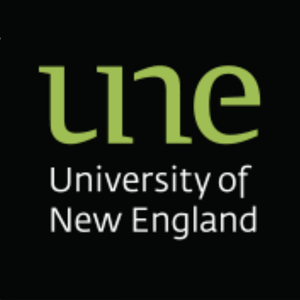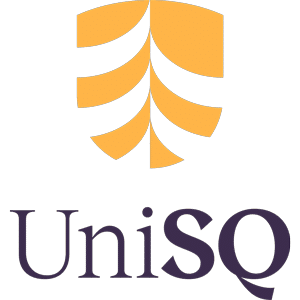The strongest courses to prepare you for a career in this dynamic and interesting field.

With digital communication at the center of modern journalism, online study has become a natural choice for aspiring journalists and content creators. Australian universities offer fully online degrees to achieve your learning goals.
Today's journalists must communicate effectively on different media technologies to reach large audiences. You need cross-platform communication skills, including the ability to do long-form story-telling, data analysis and interpretation, live reporting, and independent online commentary. A good course for journalists will make you skilled and adaptable.
Best Degrees for Journalism
You can build the diverse skills required to be a journalist, analyst and communicator with the right degree program from an Australian university. Let's look at the opportunities available and, in particular, best online degrees in Australia.
UNE - Bachelor of Arts (Screen and Media Studies)
The online BA from the University of New England is a large program with many electives. For the Screen and Media Studies major, study topics such as digital and social media, film techniques, news and journalism, screen adaptations, television studies, and the art of documentary. The program prepares you for a media career, such as in film and television production, journalism, digital marketing, and public relations. The guaranteed ATAR for entry is 72.55.
UniSQ - Bachelor of Communication and Media (Journalism)
The Bachelor of Communication and Media (Journalism) at UniSQ focuses on real-world media skills. Students learn reporting, writing, and producing for various formats including online, TV, and print. Flexible study options are available, including online. Graduates pursue journalist careers across Australia and internationally. The course is designed for dynamic media environments, ensuring students are job-ready and adaptable. Minimum ATAR: 63.
Study Journalism Online
Studying journalism online can provide you with a strong career foundation. You can enroll in online journalism courses as part of an arts, communications, or digital media degree.
Participants build skills in areas such as news reporting, news writing, media law, broadcast journalism, social media stories, communication management, marketing, promotions, video production, digital archives, and combining media for storytelling. Elective courses offer additional flexibility for you to align your program to interests and career goals.
Degree courses provide fundamental communication skills that are in high demand across industries. You'll develop writing and editing abilities, learn how to use digital technology to connect with audiences, and gain insights into the media's role in our society. A good program also emphasises career development and alerts you to job opportunities.
FAQs
The core skills of journalism are to research insightfully, question artfully, and communicate cleanly and crisply so everyone understands. These skills are highly valued everywhere.
A degree in journalism not only prepares you for traditional careers in print and broadcast journalism. You also gain a versatile skill set that can be applied across industries.
The ability to communicate effectively and adapt to new challenges is more important than ever. With journalistic training, job options include editor, copywriter, public relations professional, document writer, content producer, and more.
In Australia, many journalists hold a bachelor's degree in journalism or communication. However, degrees in other fields are also common, such as politics, history, law, or economics, among others.
Journalism courses prepare students to work in the media industry. They typically cover topics such as news writing and reporting, feature writing, digital journalism, media law and ethics, and media production.
Additionally, universities offer postgraduate courses in journalism, such as a master's degrees or graduate diplomas. Students may do more specialised study in areas such as investigative journalism, data journalism, and multimedia storytelling.
While a university degree can be valuable for a career in this field, many successful journalists don't have a university education at all or at least one that is directly relevant to the job. They may have backgrounds in other fields and developed their skills through practical experience, internships, and on-the-job training.




